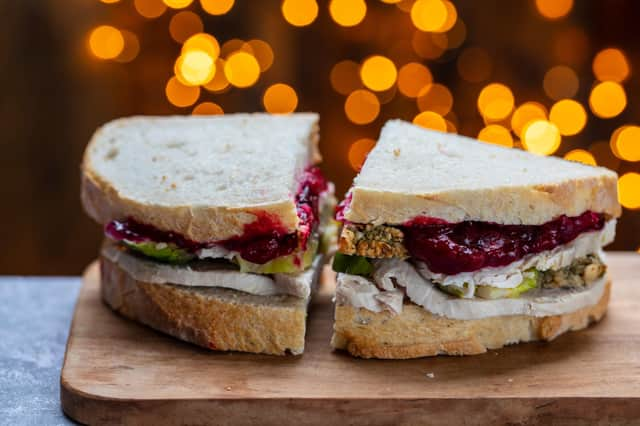Sometimes our eyes are without questions bigger than our stomachs. Never has such a phrase been more apt than over Christmas time, where research showed that in the panic leading up to Christmas Day, most British people overestimate how much food they’ll need. So what to do with those leftovers - and how best to store them to prevent an accidental case of food poisoning to see out 2022 with?
The Food Standards Agency, responsible for food safety and food hygiene in England, Wales and Northern Ireland, have published advice regarding the safest procedures to store and chill leftovers from the big banquet on Christmas Day, including if it’s safe to freeze items.
Items that look to be consumed shortly after Christmas Day can be chilled in a fridge, however they do advise to cool cooked food quickly at room temperature and place in the fridge within one to two hours. Also, check your fridge is cold enough using a fridge thermometer - your fridge should be 5°C or below.
Don’t overfill your fridge either - leaving space allows air to circulate and maintains the set temperature. If your fridge is looking full, take out items that don’t need to be chilled, such as unopened soft drinks or bread. This will make room for the items that do need to be chilled for safety reasons, such as raw, ready-to-eat and cooked food.
Leftovers and homemade goods should be frozen as soon as possible. Cool any warm dishes before putting them in your freezer and to prevent them drying out from the cold air in the freezer, place food in an air-tight container or wrap it well in freezer bags or freezer wrap.
It doesn’t matter if you cook your meat from frozen, once defrosted, or fresh, you can use your leftovers to make a new meal. This new meal can then be frozen, but make sure you only reheat it once - freezing in smaller portions will help.


